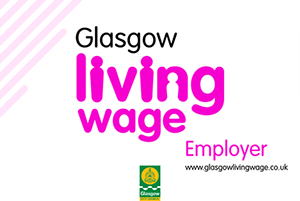If your trustee considers that your conduct has been dishonest or blameworthy in some way, either before or during your Sequestration, they will report you to The Accountant in Bankruptcy. Accountant in Bankruptcy (AiB) may seek to impose restrictions on your behaviour which can last between 2 and 15 years. Details of the restrictions are recorded on the Register of Insolvencies.
The following are examples of behaviours that could be considered dishonest or blameworthy:
incurring debts that you knew you had no reasonable chance of repaying;
giving away assets or selling them at less than their value;
gambling or making rash speculations or being unreasonably extravagant;
not co-operating with your trustee during the period of your bankruptcy.
AiB will consider the evidence provided by your trustee and impose Bankruptcy Restriction Order (BRO) of up to 5 years or may make an application to the sheriff asking for a BRO to be made against you for up to 15 years. The AiB or sheriff will consider the evidence and will decide whether they should impose a BRO. If they do, you will remain subject to certain restrictions for the period stated in the BRO even after you are discharged from your bankruptcy. You are committing a criminal offence if you fail to comply with the terms of your bankruptcy restrictions.
Bankruptcy restrictions can include:
you must disclose your status to a credit provider if you, either alone or jointly with another person, wish to get credit of more than £2,000;
you must disclose your status to a credit provider if you wish to get credit of any amount and already have debts of £1,000 or more;
you may not be nominated, elected or hold office as a member of a local authority, conform to Section 31 of the Local Government (Scotland) Act 1973.
This is not a full list of the bankruptcy restrictions which may be placed on you.
Further information on bankruptcy restrictions is available from the AiB.


 Barry John Stewart and George Dylan Lafferty are authorised to act as
Barry John Stewart and George Dylan Lafferty are authorised to act as